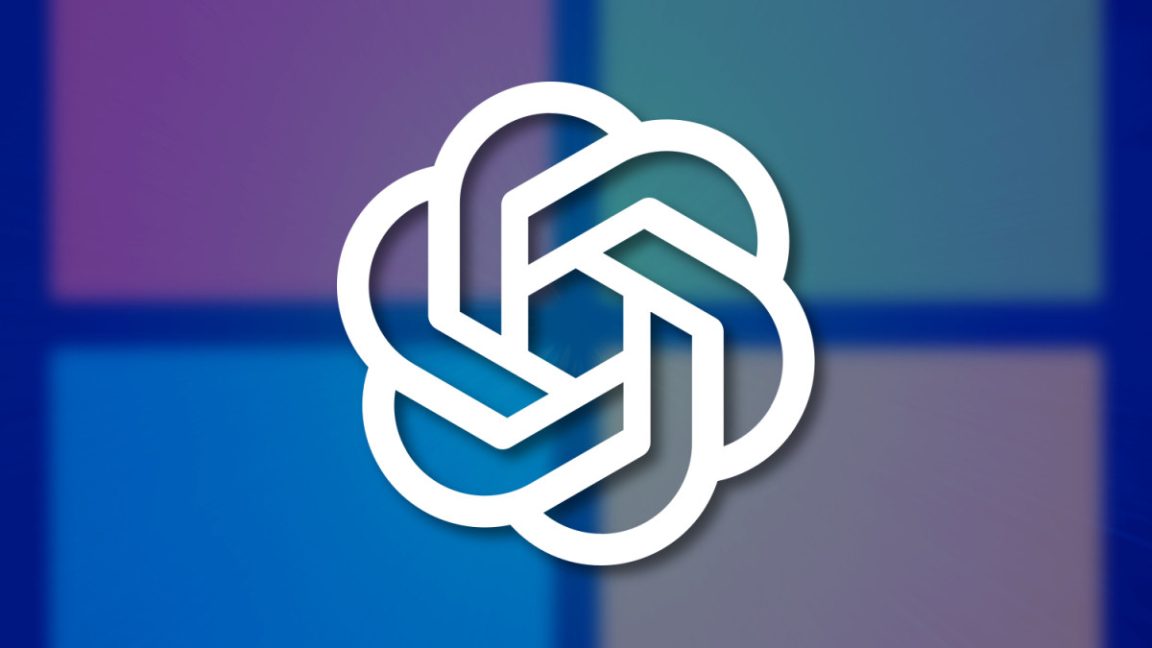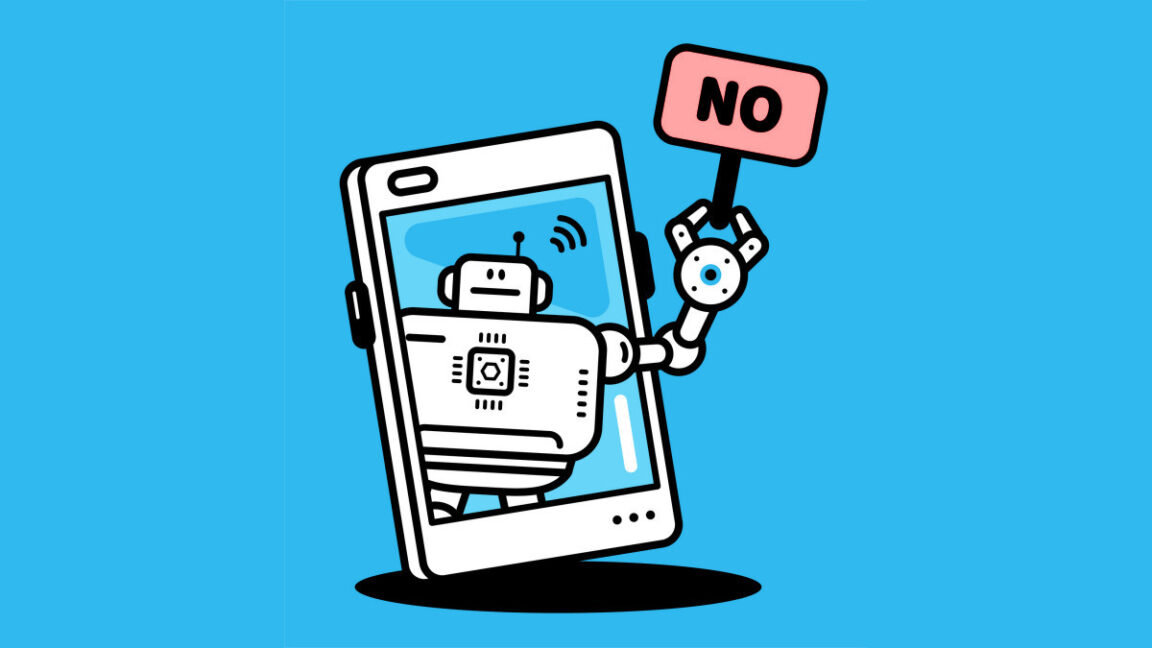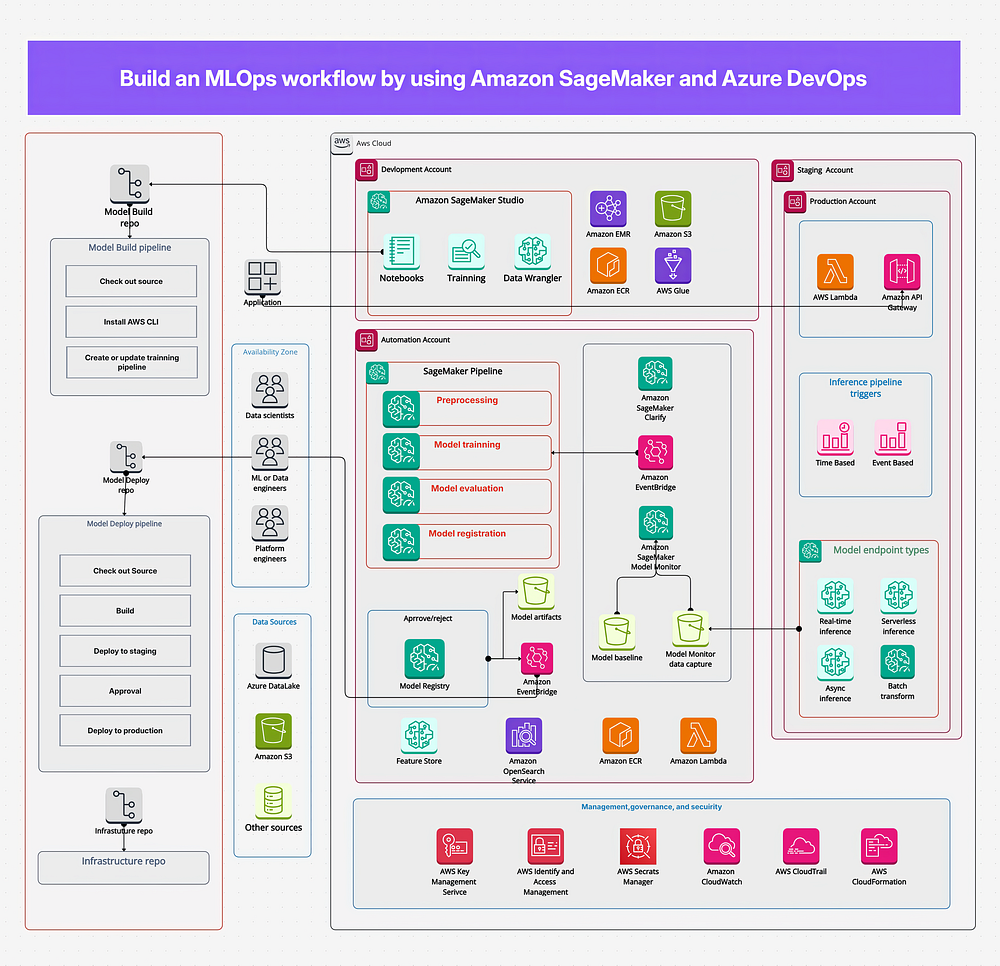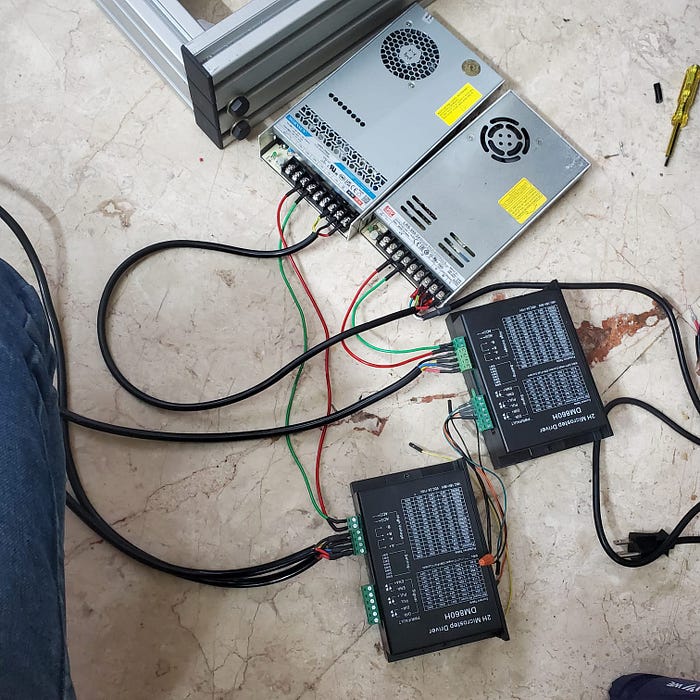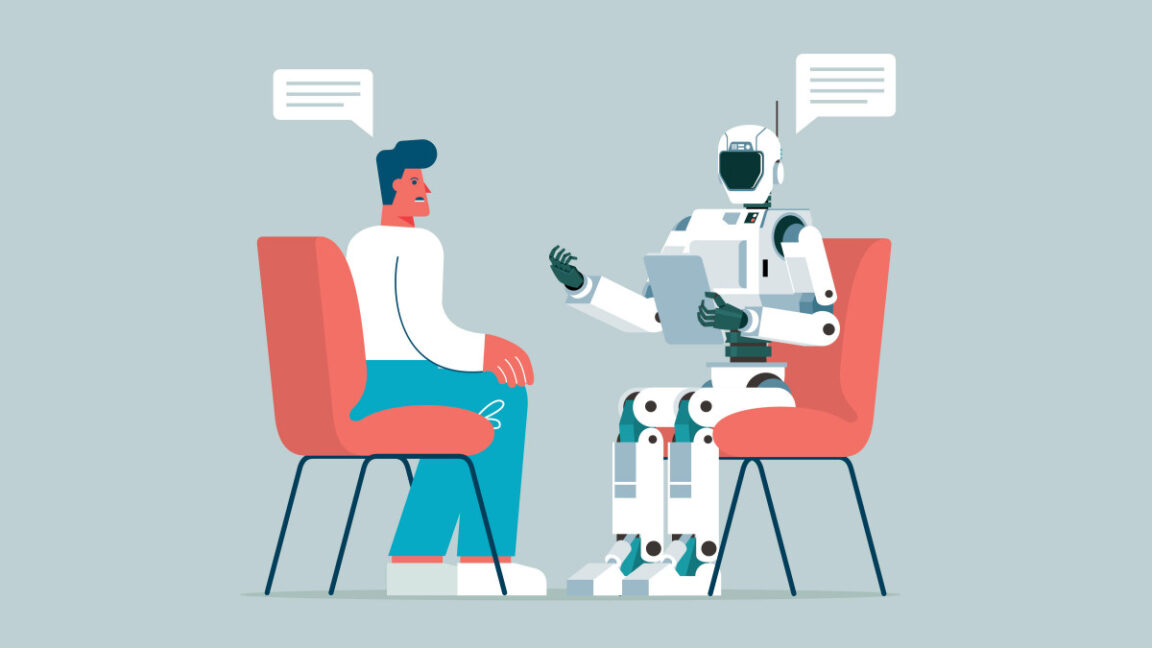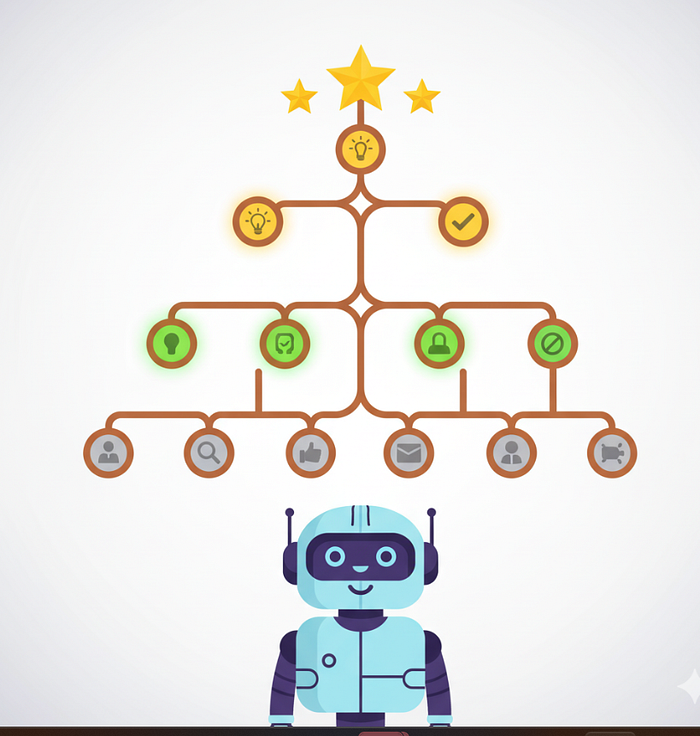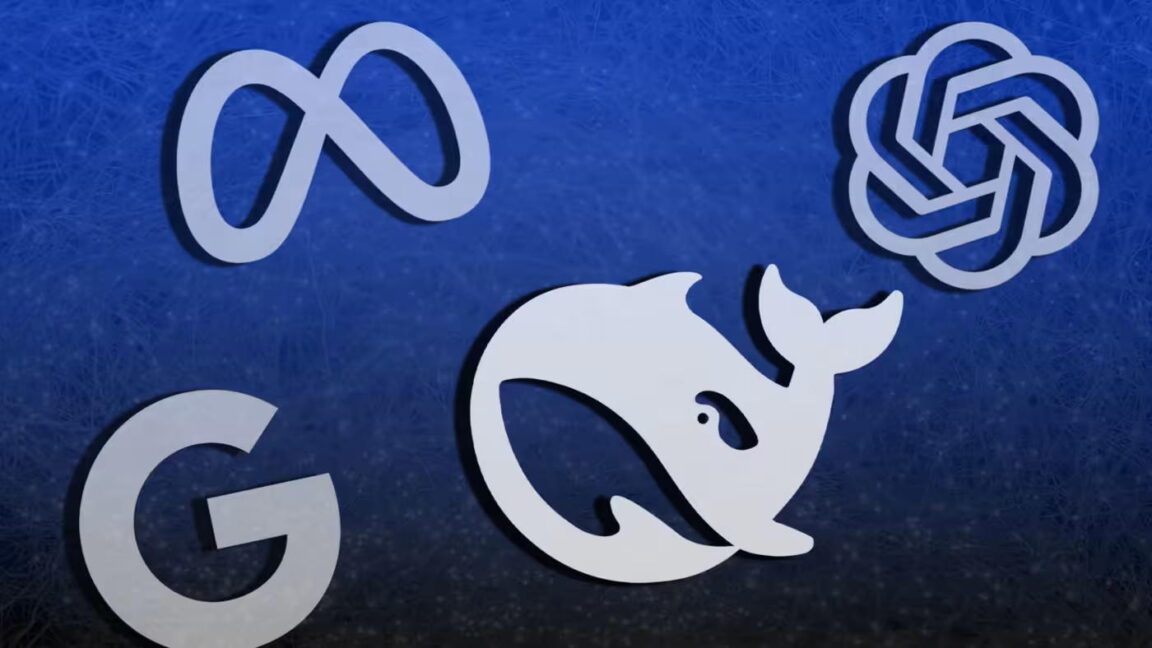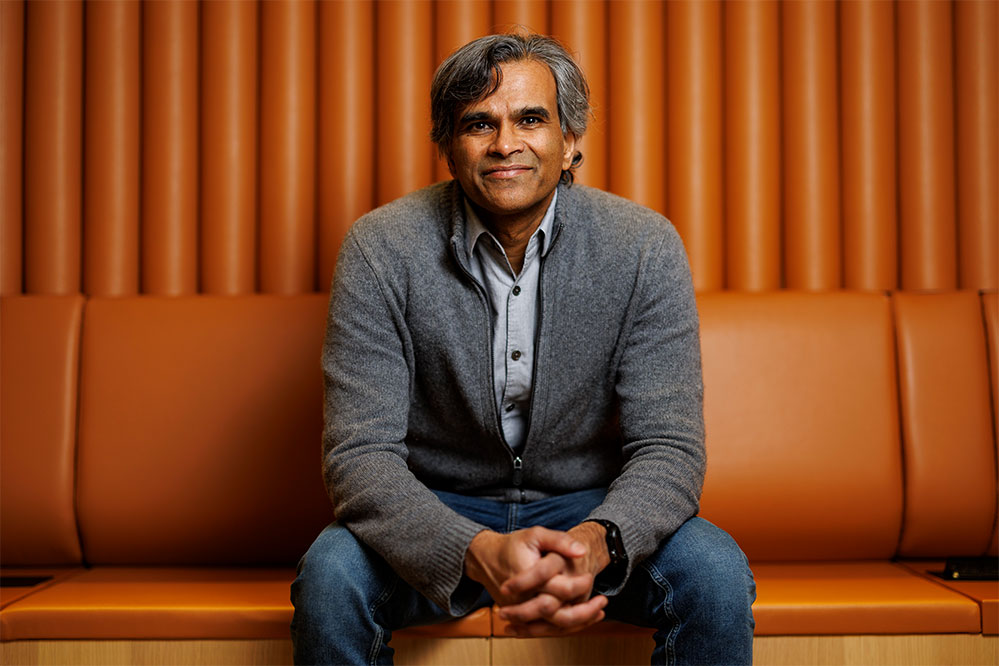OpenAI and Microsoft Update Their Partnership Agreement
OpenAI, the company behind the popular AI model, has made significant changes to its partnership agreement with Microsoft. In May, OpenAI abandoned its plan to fully convert to a for-profit company after pressure from regulators and critics. The company instead shifted to a modified approach where the nonprofit board would retain control while converting its for-profit subsidiary into a public benefit corporation (PBC).
What is a Public Benefit Corporation?
A public benefit corporation is a type of company that prioritizes both profit and social benefit. This means that OpenAI will continue to focus on developing and improving its AI technology while also considering the potential impact on society.
Changes to the Agreement
The revised deal extends Microsoft’s intellectual property rights through 2032 and now includes models developed after AGI is declared. Microsoft holds IP rights to OpenAI’s model weights, architecture, inference code, and fine-tuning code until the expert panel confirms AGI or through 2030, whichever comes first.
Key Points of the Revised Agreement
- The new agreement allows OpenAI to formally release open-weight models (like gpt-oss) that meet requisite capability criteria.
- Microsoft’s rights to OpenAI’s research methods will expire at the same thresholds as its IP rights.
- The agreement explicitly excludes Microsoft from having rights to OpenAI’s consumer hardware products.
- OpenAI can develop some products jointly with third parties, with API products built with other companies required to run exclusively on Azure.
Flexibility and Independence
The deal gives OpenAI more flexibility to partner with other technology companies while keeping Microsoft as its primary infrastructure provider. Under the agreement, Microsoft can now pursue AGI development alone or with partners other than OpenAI. If Microsoft uses OpenAI’s intellectual property to build AGI before the expert panel makes a declaration, those models must exceed compute thresholds that are larger than what current leading AI models require for training.
Revenue Sharing and Cloud Infrastructure
The revenue-sharing arrangement between the companies will continue until the expert panel verifies that AGI has been reached, though payments will extend over a longer period. OpenAI has committed to purchasing $250 billion in Azure services, and Microsoft no longer holds a right of first refusal to serve as OpenAI’s compute provider. This lets OpenAI shop around for cloud infrastructure if it chooses, though the massive Azure commitment suggests it will remain the primary provider.
Conclusion
The updated partnership agreement between OpenAI and Microsoft reflects a significant shift in the companies’ relationship. With OpenAI’s nonprofit board retaining control and the company converting to a public benefit corporation, the focus is now on developing AI technology that benefits society as a whole. The revised agreement provides more flexibility and independence for OpenAI, while also ensuring that Microsoft remains a key partner in the development of AGI.
FAQs
- Q: What is a public benefit corporation?
A: A public benefit corporation is a type of company that prioritizes both profit and social benefit. - Q: What are the key points of the revised agreement?
A: The revised agreement extends Microsoft’s intellectual property rights, allows OpenAI to release open-weight models, and gives OpenAI more flexibility to partner with other companies. - Q: Can Microsoft pursue AGI development alone?
A: Yes, under the agreement, Microsoft can now pursue AGI development alone or with partners other than OpenAI. - Q: What is the revenue-sharing arrangement between OpenAI and Microsoft?
A: The revenue-sharing arrangement will continue until the expert panel verifies that AGI has been reached, though payments will extend over a longer period.


